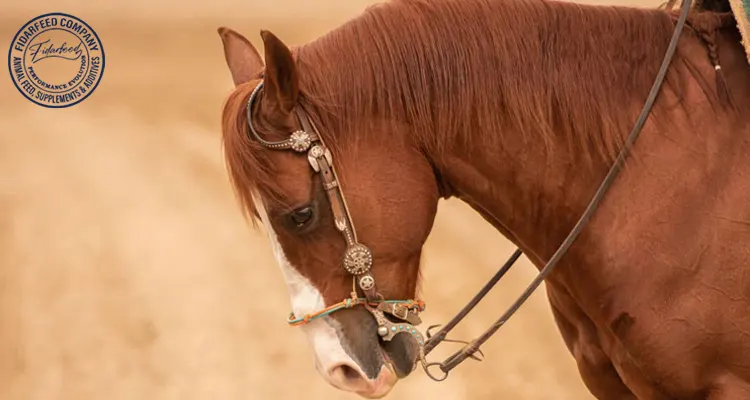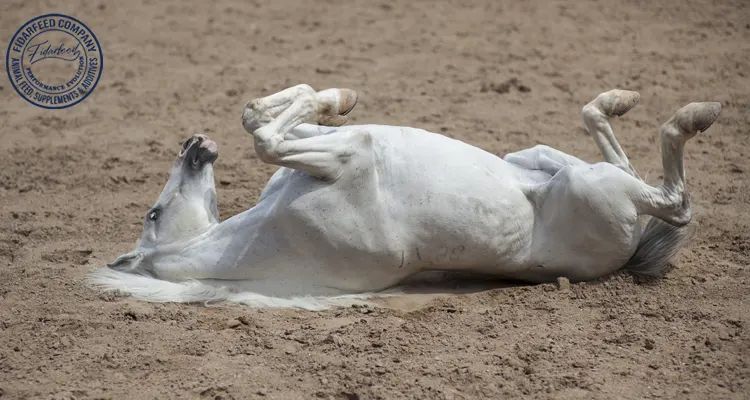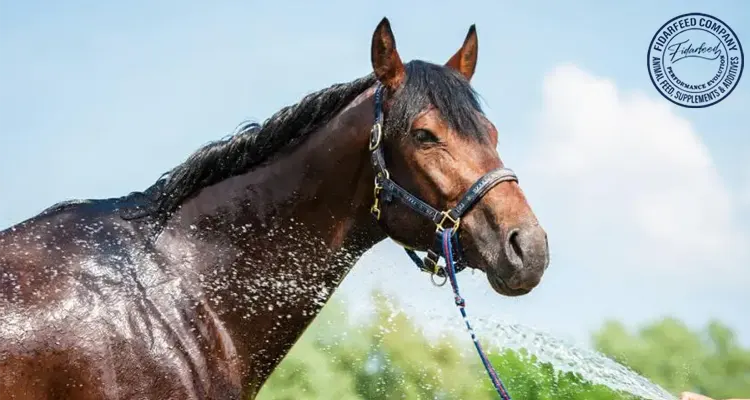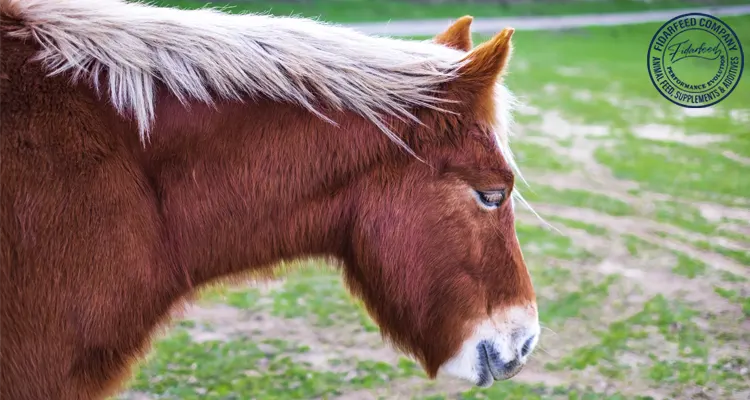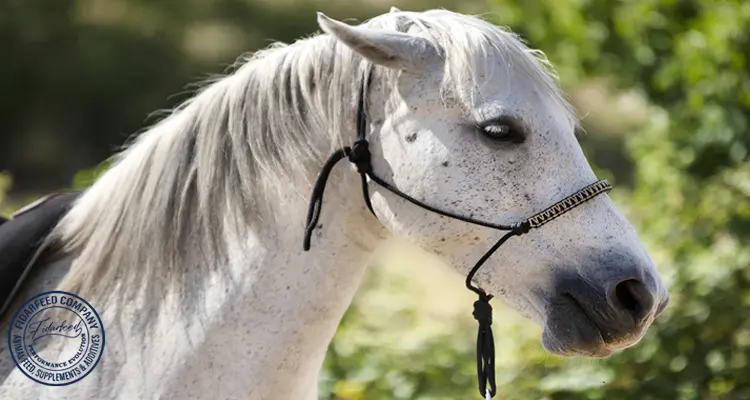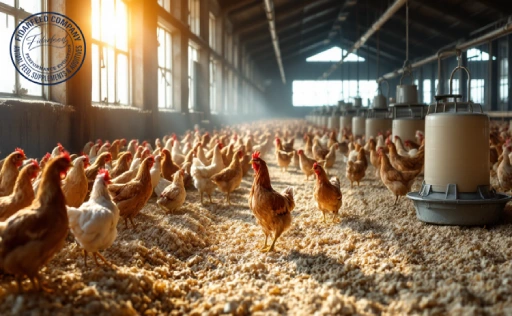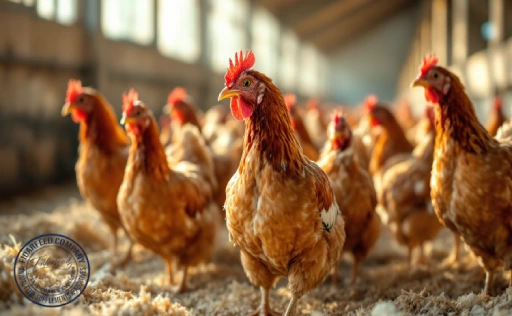The Hidden Stress in Horses is often overlooked, yet it significantly impacts their well-being and performance. Unlike obvious physical ailments, stress manifests in subtle ways that can go unnoticed by even the most experienced horse breeders and caretakers. As humans, our actions—both intentional and unintentional—play a major role in shaping the emotional and psychological state of these sensitive animals. Understanding how to minimize stress can lead to healthier, happier horses and improved overall welfare. Read on to uncover the hidden stressors in horses and how simple changes in human behavior can make a world of difference.
Understanding Hidden Stress in Horses: More Than Meets the Eye
Stress in horses isn’t always visible at first glance. While some horses may exhibit clear signs like restlessness or excessive sweating, others may suffer silently, showing only subtle behavioral shifts.
Learn more about: Probiotic Supplement for Horses and foals
Scientific research suggests that chronic stress can lead to severe health issues, including weakened immune function, digestive disorders, and even shortened lifespans. This makes it crucial for breeders and caretakers to recognize and address stress before it escalates.
How Human Actions Contribute to Equine Stress
Many of the stressors horses face stem directly from human interaction. Improper handling, inconsistent training methods, and even our own emotional states can create a stressful environment for them.
Learn more about: Best Feed for Young Horses: Nutrition Tips for Healthy Growth and Development
Horses are highly perceptive creatures, capable of sensing human frustration, anxiety, or impatience. A tense handler can unknowingly transfer stress onto their horse, leading to behavioral issues and performance decline.
Subtle Signs of Stress: What Every Horse Breeder Should Know
Unlike fear responses that are easy to spot, stress often manifests in subtle ways. Some key indicators include:
- Excessive yawning or teeth grinding
- Frequent tail swishing or pinned ears
- Reduced appetite or changes in drinking habits
Learn more about: Essential Tips to Prevent skin diseases in horses
- Repetitive behaviors like cribbing or weaving
- A sudden shift in temperament, such as becoming withdrawn or overly reactive Recognizing these signs early allows breeders to take proactive steps in reducing stress before it turns into a chronic issue.
Common Mistakes That Trigger Stress in Horses
Even well-intentioned breeders and caretakers can make mistakes that contribute to equine stress. Some common errors include:
- Overtraining: Pushing a horse beyond its physical or mental limits can result in burnout and anxiety.
- Poor Socialization: Isolating horses from their herd can lead to loneliness and frustration.
Learn more about: Holsteiner Horses: Strength and Stamina for Heavy Work
- Unpredictable Routines: Horses thrive on consistency; sudden changes in feeding, training, or turnout schedules can cause unnecessary stress.
- Inadequate Rest or Recovery: Lack of downtime, especially after training sessions, can hinder a horse’s ability to recover both physically and mentally.
The Role of Training and Handling in Reducing Stress
Proper training methods can help prevent stress rather than exacerbate it. Positive reinforcement, consistency, and patience are key. Harsh corrections, excessive pressure, and rushed training schedules create fear and resistance.
Learn more about: Choosing the Right Horse Breed for Breeding: A Comprehensive Guide
By focusing on trust-building exercises and allowing horses to learn at their own pace, handlers can create a more relaxed and cooperative equine partner.
Environmental Factors: Creating a Stress-Free Space for Your Horse
A horse’s surroundings play a crucial role in their emotional well-being. Factors to consider include:
- Turnout Time: Horses need sufficient time outside to roam and socialize.
- Stable Conditions: Proper ventilation, adequate space, and a clean environment are essential.
- Social Interaction: Horses are herd animals; isolating them can cause stress and depression.
- Noise Levels: Loud, sudden noises can create anxiety. Keeping the barn environment calm and predictable helps maintain a stress-free atmosphere.
Nutrition and Stress: The Connection Every Breeder Should Understand
Diet plays a direct role in stress management. Poor nutrition can contribute to digestive discomfort, energy imbalances, and even behavioral issues. Key dietary considerations include:
- Forage First: Providing ample hay or pasture grazing helps maintain digestive health and reduces boredom-related stress.
- Balanced Diet: Ensuring horses receive the right mix of vitamins, minerals, and essential nutrients supports overall well-being.
- Slow Feeding Methods: Using hay nets or frequent small meals mimics natural grazing behavior and prevents stress-related issues like ulcers.
Learn more about: Nile Fever in Horses: Symptoms and Control Methods
Building Trust: Strengthening the Human-Horse Bond
A trusting relationship between horse and handler is fundamental to reducing stress. Building trust takes time and requires consistency, patience, and mutual respect. Simple steps such as spending time with your horse outside of training, using gentle handling techniques, and rewarding good behavior can strengthen your bond and create a more relaxed and cooperative horse.
Learn more about: Comprehensive Guide to Feeding Horses: From Young to Adult
Practical Steps to Minimize Hidden Stress in Horses
Reducing equine stress doesn’t require drastic changes—small, mindful adjustments can make a big difference:
- Maintain a predictable routine.
- Use positive reinforcement in training.
- Provide ample turnout and socialization opportunities.
- Ensure a balanced diet and access to fresh water.
- Monitor for signs of stress and address them promptly.
Conclusion: A Happier, Healthier Horse Starts With You
The well-being of a horse is deeply connected to the actions of its handler. By understanding and addressing hidden stress, breeders and caretakers can create a more harmonious and fulfilling environment for their horses. Small, thoughtful changes in handling, training, and care can significantly enhance equine welfare. What steps have you taken to reduce stress in your horses? Share your thoughts in the comments below!

